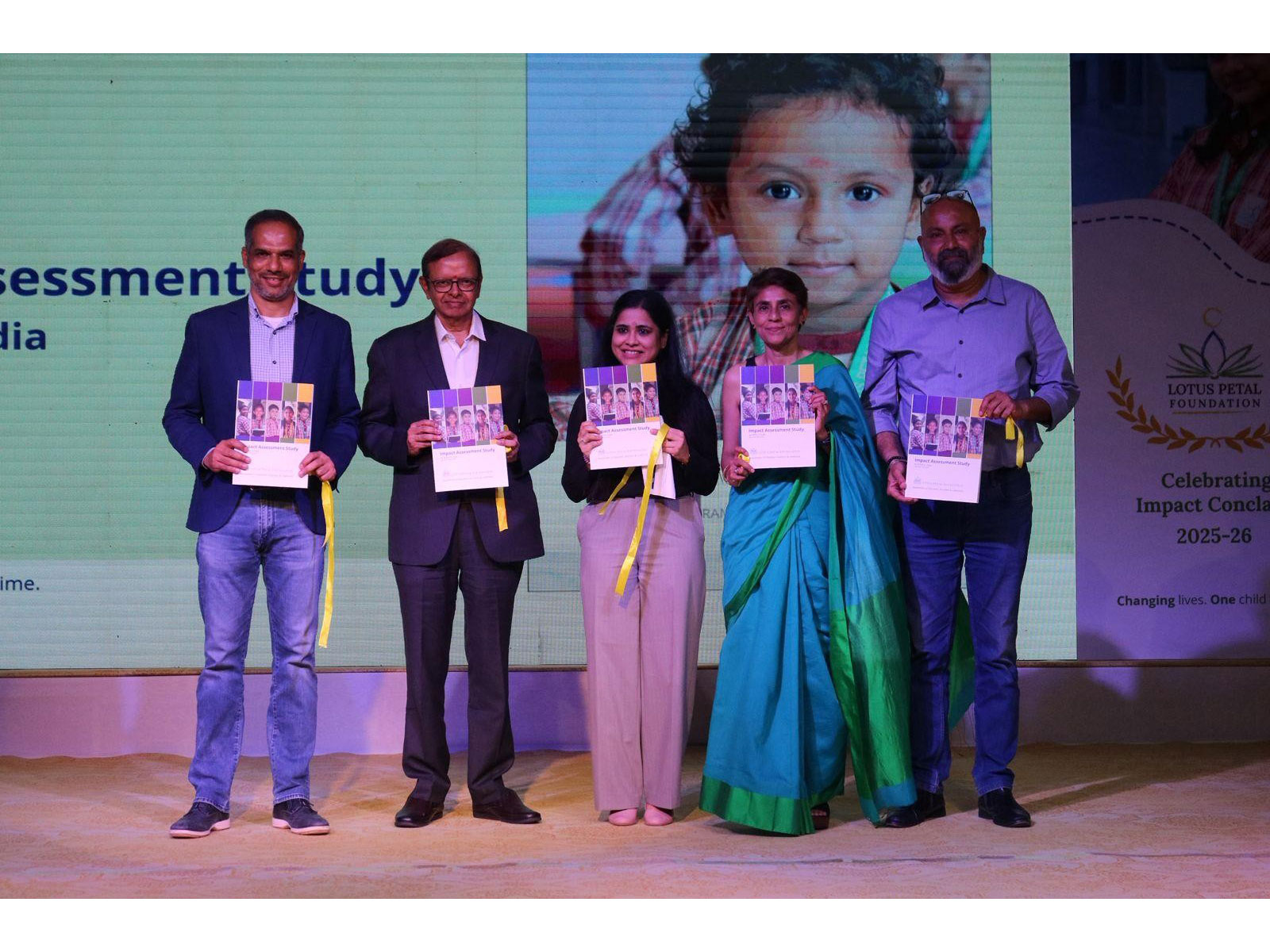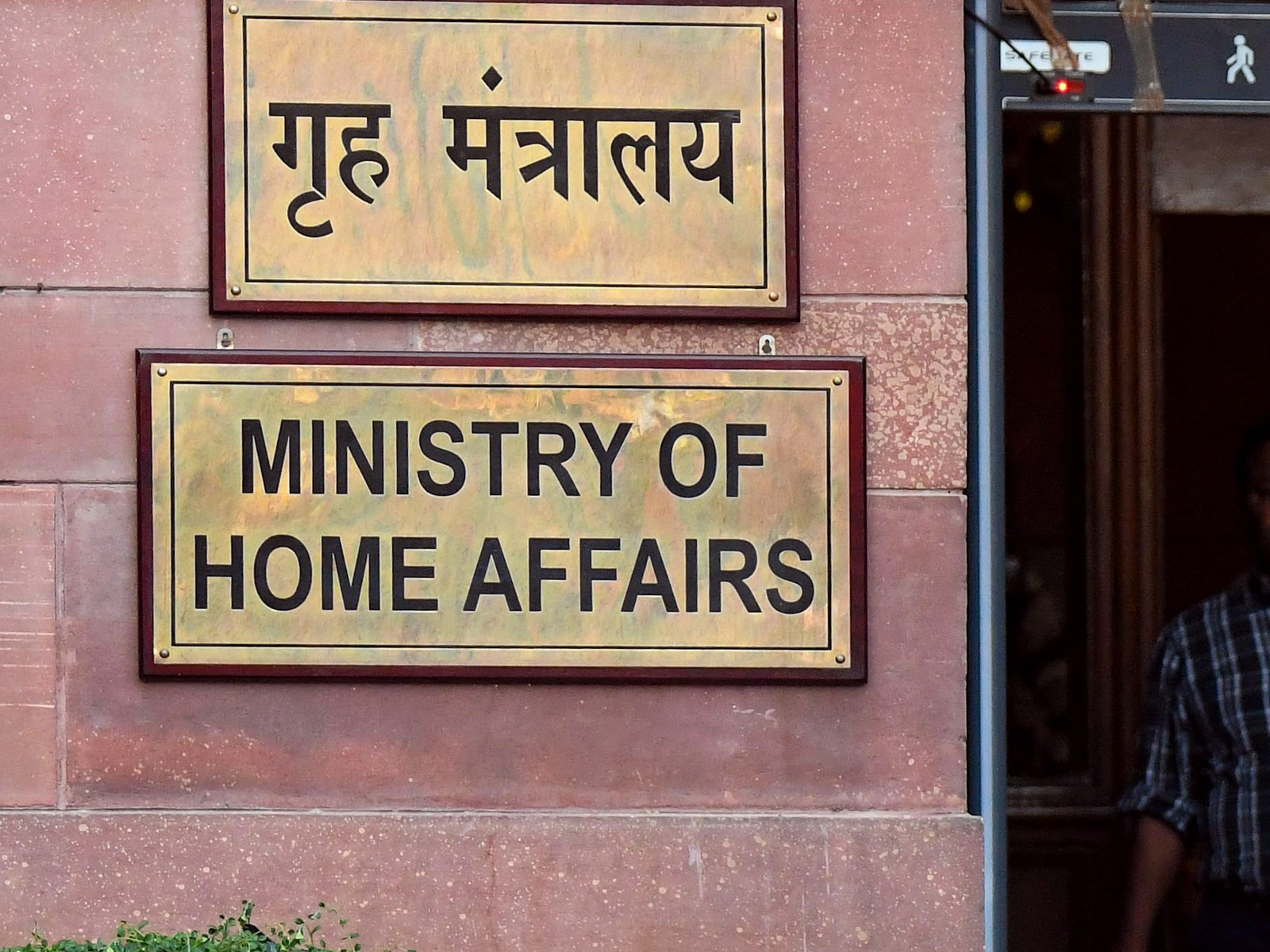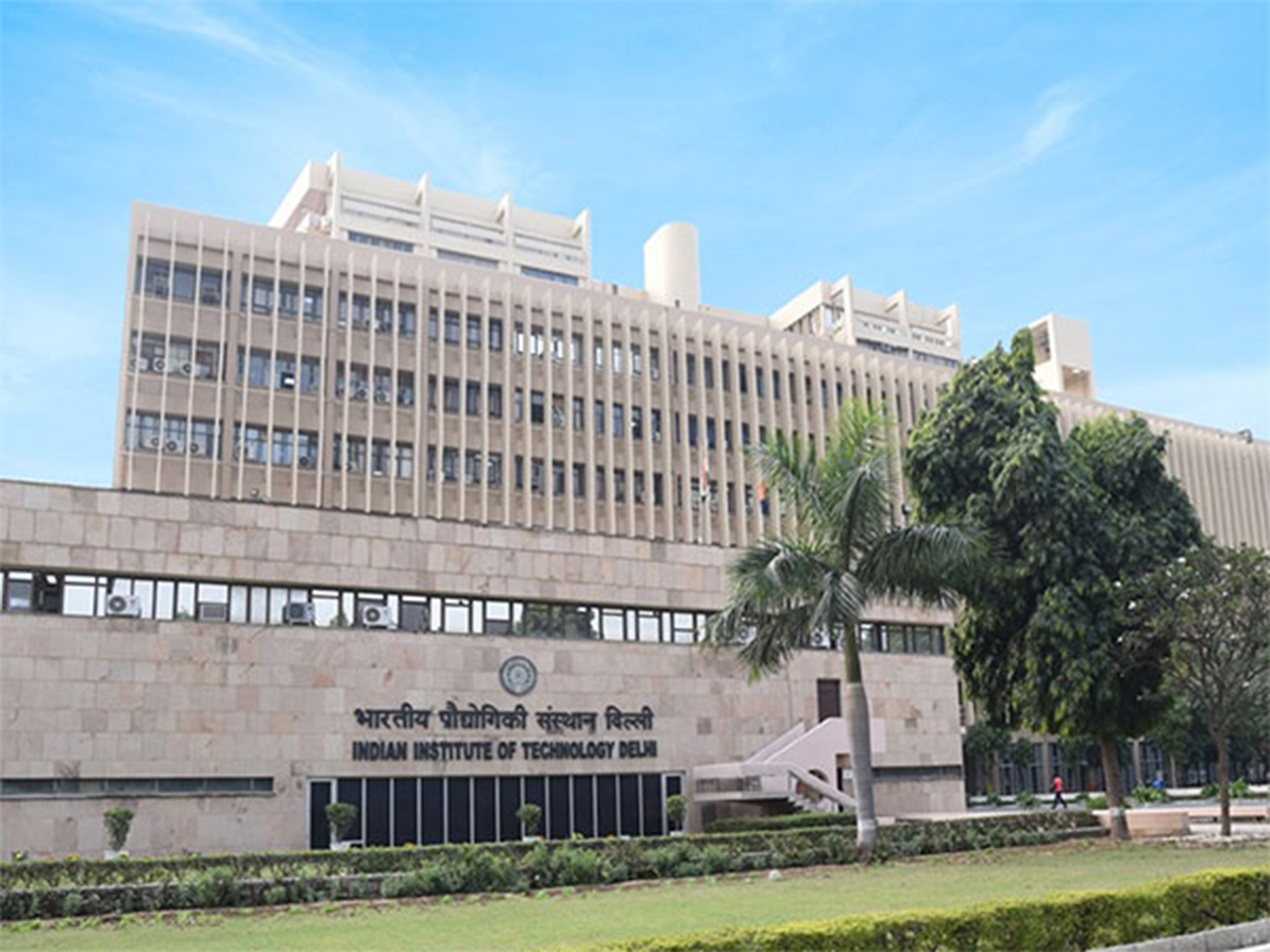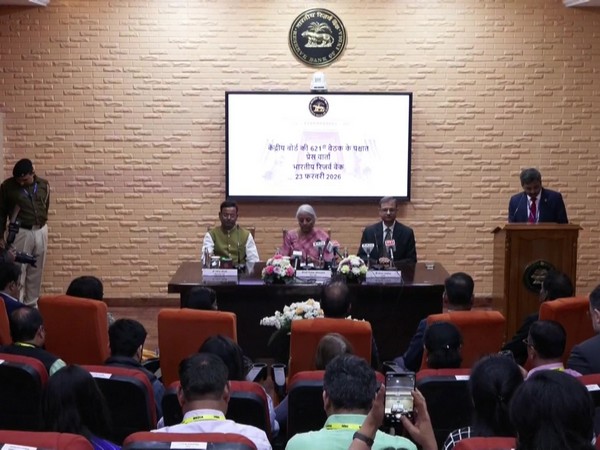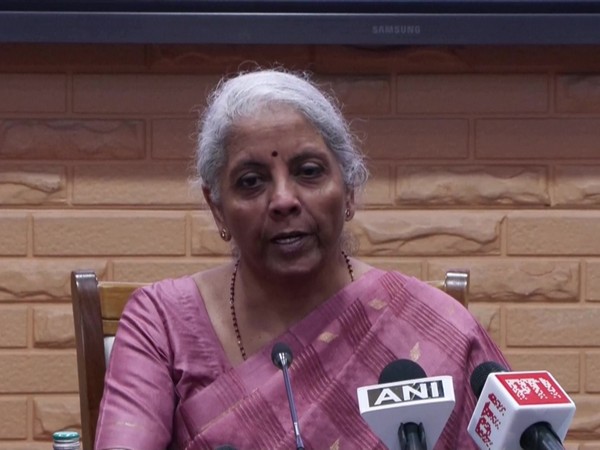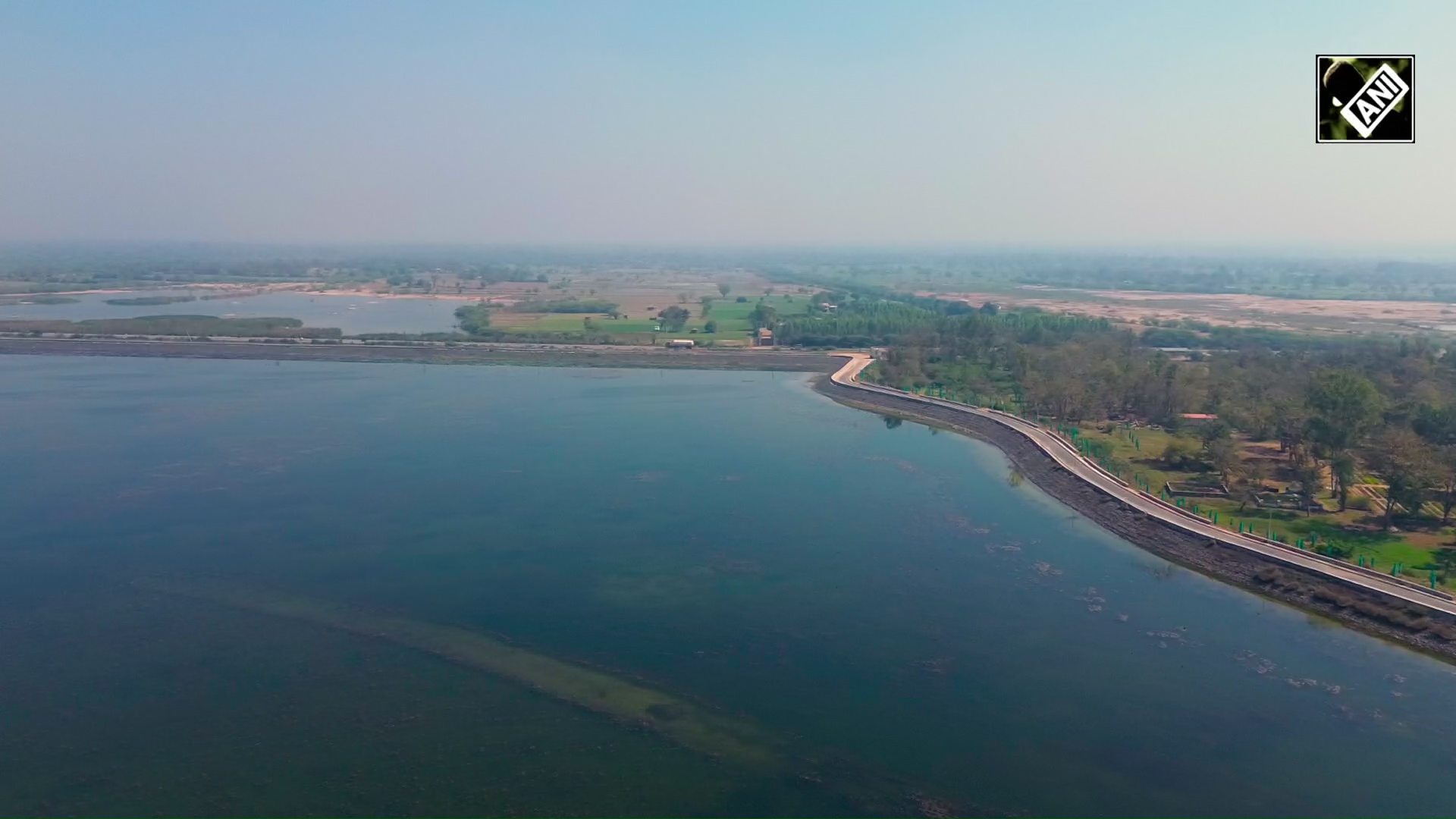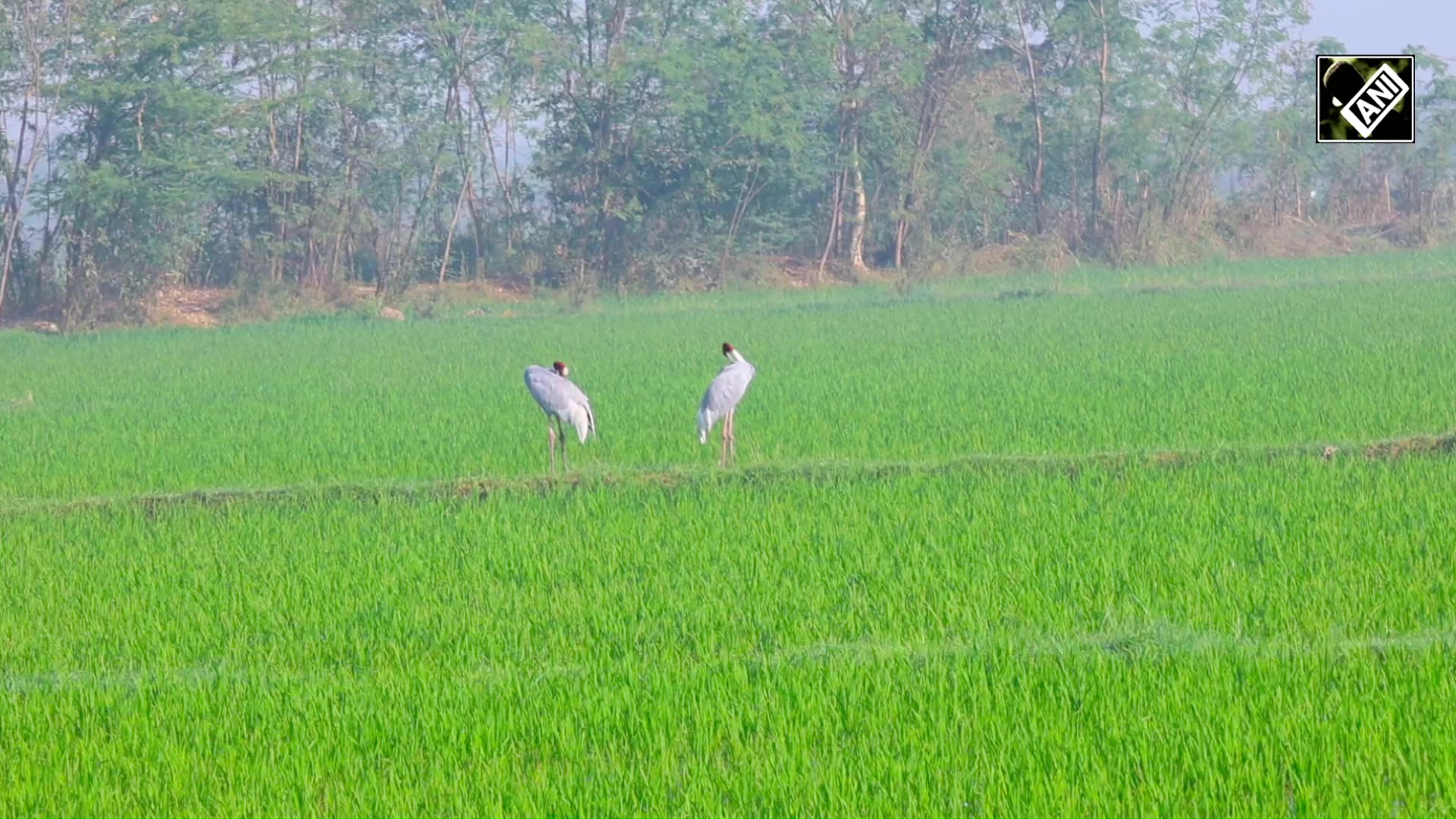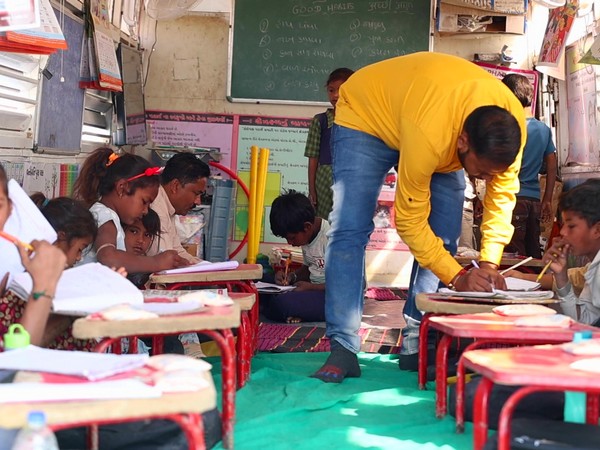Millions face threat of starvation amid 'unprecedented drought' in Horn of Africa
Jun 10, 2022

Addis Ababa [Ethiopia], June 10 (ANI/Xinhua): Millions of people face the threat of starvation amid unprecedented drought in the three Horn of Africa countries of Ethiopia, Kenya and Somalia, humanitarian partners have warned.
"Rainfall deficits during the recent March-April-May 2022 rainy season have been the most severe in at least the last 70 years in Ethiopia, Kenya, and Somalia," the United Nations Food and Agriculture Organization (FAO), the Intergovernmental Authority on Development (IGAD), the UN World Food Program (WFP), and the Famine Early Warning System Network said in a joint situation report released late Thursday.
The ongoing four consecutive failed rain seasons have been the most extensive and persistent event since 1981, in which grave concerns are raised by elevated risks of a fifth below-average rainy season in October-November-December, the humanitarian partners warned.
"This exceptional four-season drought, amplified by exceptionally warm air temperatures and increased evaporative demand and desiccation, has been devastating to livelihoods and produced repetitive, debilitating and cumulative shocks to herds, crops, water availability, and household incomes," the report said.
Noting that more than seven million livestock has died and millions of people face the threat of starvation, they warned that the impacts of the severe drought on livelihoods will intensify rapidly in the coming months due to the effects of the extremely poor March-April-May rains.
The humanitarian partners emphasized that humanitarian response plans are "massively underfunded."
The Somalia 2022 Humanitarian Response Plan for food security is only 20 per cent funded to date.
Only 34 per cent of the required 139.5 million U.S. dollars for the October 2021-March 2022 period of the Kenya Drought Flash Appeal was met and funding requirements for April-October 2022 period have risen further to 180.7 million U.S. dollars.
"Immediate action is required to scale up and sustain humanitarian assistance through at least mid-2023 to prevent rising levels of acute food insecurity and malnutrition, mitigate the loss of life, and avert the risk of famine," the report said.
In drought-affected areas, it said, cereal prices are at very high levels due to insufficient availability after consecutive poor harvests combined with the global price shocks and macroeconomic difficulties in some countries.
"These prices are likely to increase due to failed rainy seasons, global inflation pressures, and the disruption in crop production and international trade flows due to the war in Ukraine," the report said. (ANI/Xinhua)





